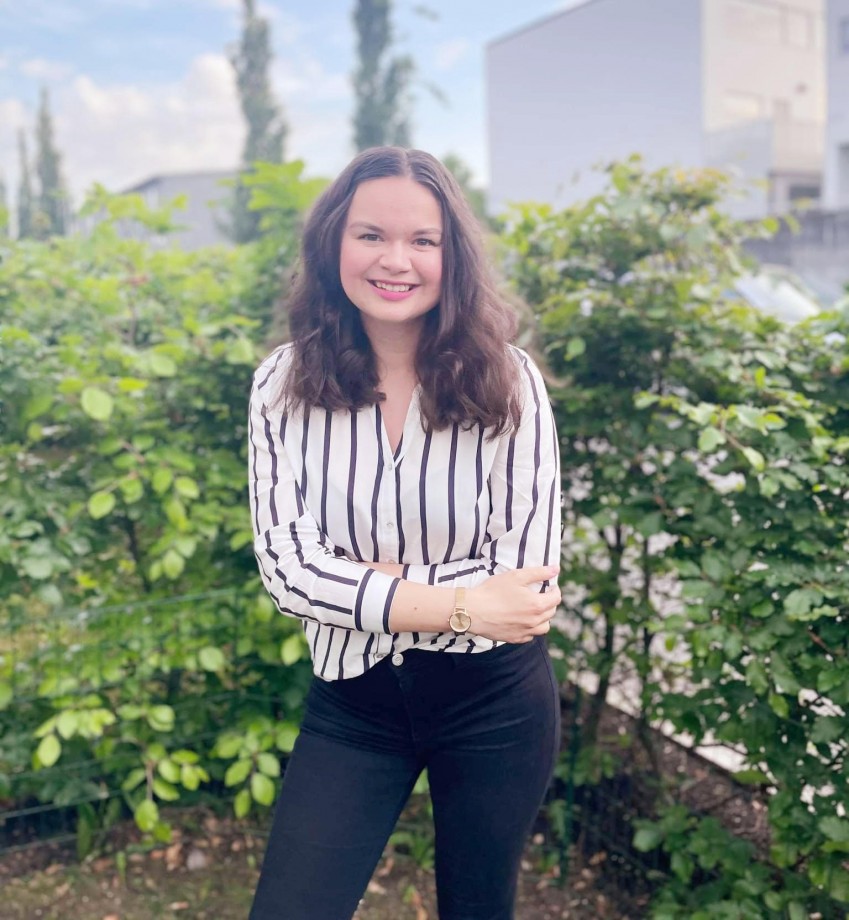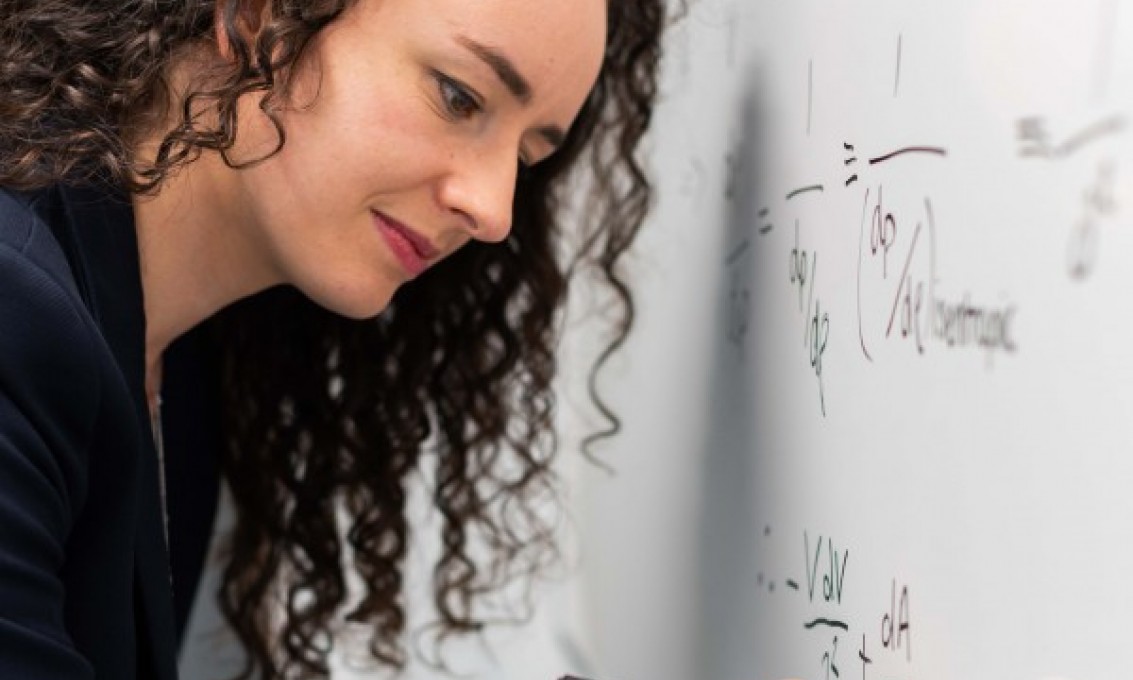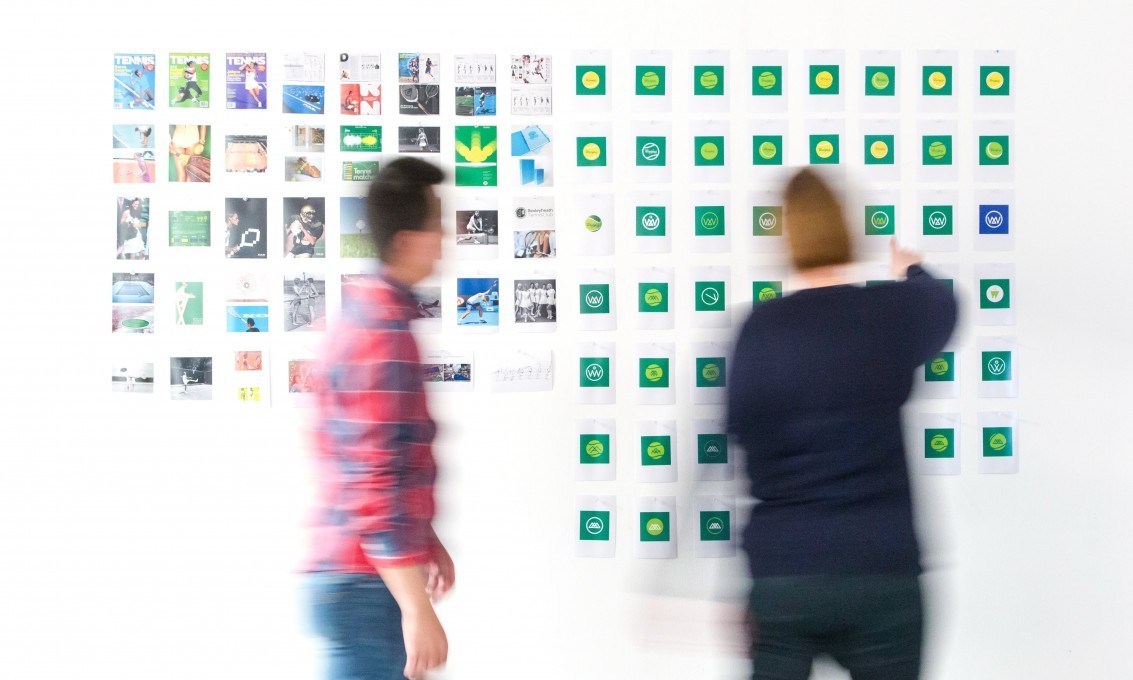Alina Isaevskaya holds a Master's degree in Business Administration from the University of Stavanger Business School. As a consultant at Korn Ferry, she helps companies and organisations design reward strategies that attract and motivate employees.
Age: 28 Education: MSc in Business Administration with a specialisation in Leadership and strategy (now a part of the Management major) Works as: Talent & Reward consultant at Korn Ferry

In my opinion, creating relationships with customers, diving into their challenges and analysing data to make recommendations is a very exciting journey. When you know you're creating value for the customer – that's the best feeling!
Note: specialisation in Leadership and Strategy is now a part of the major in Management.
Describe a typical working day and which tasks you work with the most.
As a Talent & Reward consultant, I work with the identification and design of reward strategies. Setting the right compensation is important for whether organisations are able to attract, motivate and retain their employees. My typical working day consists of customer meetings where I help customers identify and develop compensation schemes that support the company's strategy.
The daily work often includes a number of internal meetings. Each employee of Korn Ferry is part of a global interdisciplinary network that emphasises close collaboration and knowledge sharing. You often work in teams on projects with colleagues from other countries, which I see high value in!
What is the best thing about your job?
The best thing about my job is definitely to be challenged, to learn something new every day and to get to know people from all over the world! Korn Ferry has over 8,500 employees who are distributed across over 50 different countries. The organisation is characterised by heavy expertise, diversity and close cooperation across national borders.
In my role as a consultant in Talent & Reward, I am exposed to projects and customers that come from different countries and industries. I get valuable insight into today's market and the challenges faced by organisations. In my opinion, creating relationships with customers, diving into their challenges and analysing data to make recommendations is a very exciting journey. When you know you're creating value for the customer – that's the best feeling!
Why did you choose a Master's degree in Business Administration at UiS? And why did you choose to specialise in management?
The programme offers several exciting and very relevant disciplines. I have always been interested in finding out what it is that makes some companies succeed while others barely survive. At the same time, I think that leadership and being a manager are very important, exciting and complex topics.
The specialisation within strategy and management (now Management) addressed topics such as global perspectives, strategic management decisions, economic consequences, leadership, and project management in a perspective of change. In today's society, which is characterised by technological changes, macroeconomic shifts and pandemics, these topics are more relevant than ever.
I have always been interested in finding out what it is that makes some companies succeed while others barely survive.
Which part of your studies have you benefited most from in your job?
Each subject in the study programme has contributed to a better professional understanding of how organisations work. However, I think that writing the master's thesis has been an incredibly useful and educational process. It is no surprise that writing a master's thesis is an extensive undertaking that can at times seem frustrating. However, you learn so much along the way, both about the subject and about yourself.
Finding out which topic you are interested in, doing research, analysing data and drawing conclusions, and not least doing all this under a certain amount of time pressure, can be of great benefit in one’s working life! I wrote the master's thesis with a partner, and although I was very lucky with both the partner and the supervisor, I learned an incredible amount about what it is like to collaborate with others.
Tell us about something you remember particularly well from your studies.
I particularly remember two subjects that have made a big impression on me – “Empirical Labour Economics” with the guest lecturer Eric Bettinger from Stanford University School of Education and “Economics of Motivation” with Mari Rege. The topics that were addresses, including, how employees are motivated, which tools are used to influence employee performance and motivation, behavioural economics, etc. were incredibly interesting. I also think that both professors had a good way of teaching and engaging students.
Also, I was the project manager for "Engasjertuken 2017" (Get Involved Week 2017), an event arranged by the student organisation Start UiS. The aim of the event was to shed light on the extracurricular activities students can join at the university. I got to know several student organisations, non-profit organisations and business organisations where the students could meet to expand their network and engage in various activities. It was fun!

